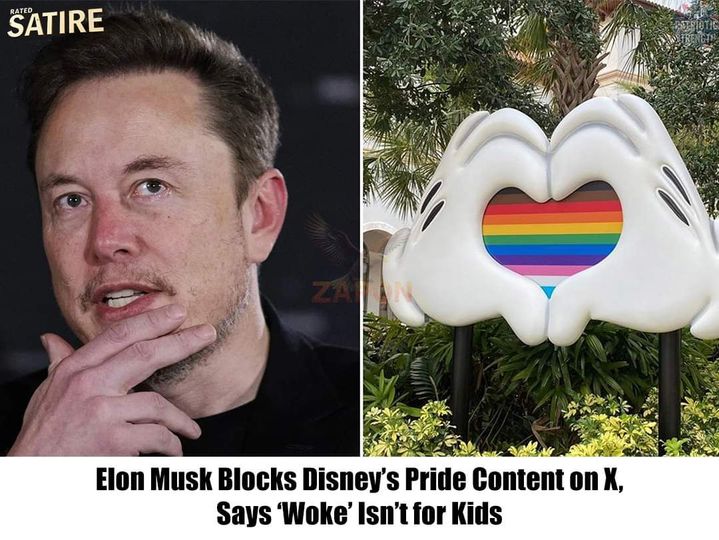Critics also warn that limiting content deemed “woke” could send an exclusionary message, reinforcing stigma against the very groups Pride content seeks to uplift. They argue for a more balanced approach that respects parental preferences without compromising visibility for marginalized groups in media.
Supporters of Musk’s position argue that children’s media should prioritize universal values—such as kindness, honesty, and courage—while avoiding controversial or mature topics.
They believe that exposing children to “woke” themes prematurely might expose them to concepts they are not yet ready to understand. From this viewpoint, children should have the opportunity to form their own views on complex issues once they are older.
Musk’s decision places X at the heart of a broader cultural debate on representation, parental control, and platform regulation in children’s media. It remains to be seen how Disney and other content producers will respond, and how Musk’s stance on social issues will shape his platform moving forward.
As social media plays an increasingly central role in shaping young audiences, the debate over the balance between representation, parental control, and platform regulation is set to continue.

